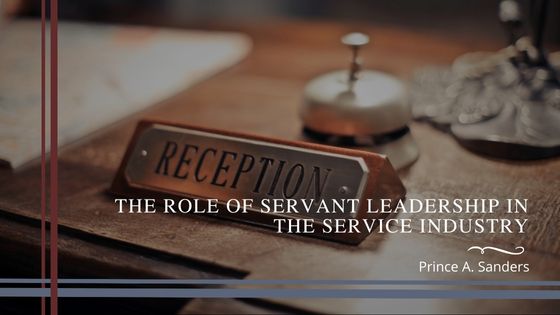In the fast-paced and dynamic service industry, leadership plays a crucial role in shaping organizational culture and driving success. Among various leadership styles, servant leadership stands out for its emphasis on empathy, collaboration, and a focus on the well-being of employees and customers alike.
Understanding Servant Leadership
Servant leadership is a leadership philosophy that places the needs of others at the center of decision-making. Leaders adopting this style prioritize the well-being and growth of their team members and customers, aiming to empower and serve their needs. Rather than a top-down approach, servant leadership fosters a collaborative and nurturing environment that encourages individuals to reach their full potential.
Empowering Employees
In the service industry, employees are the face of the organization and directly interact with customers. A servant leader empowers employees by providing the necessary resources, training, and support to excel. By investing in their growth and recognizing their contributions, servant leaders motivate employees to deliver exceptional customer service.
Cultivating a Customer-Centric Culture
Servant leadership is inherently aligned with a customer-centric approach. When leaders prioritize the well-being of their team members, employees feel valued and engaged, leading to improved morale and higher job satisfaction. This, in turn, translates into better customer experiences, as employees are more likely to go above and beyond to meet customer needs.
Active Listening and Empathy
Servant leaders are known for their exceptional listening skills and genuine empathy toward team members and customers. They actively seek feedback, understand individual concerns, and take appropriate actions to address them. This creates a sense of trust and openness, fostering stronger relationships within the organization and with customers.
Encouraging Collaboration
In the service industry, collaboration is essential for delivering seamless customer experiences. Servant leaders promote a collaborative environment where diverse perspectives are valued and teamwork is encouraged. This approach enhances problem-solving capabilities and promotes creativity in finding innovative solutions.
Building Long-Term Loyalty
Through servant leadership, organizations can build long-term loyalty among employees and customers. Employees who feel supported and valued are more likely to stay with the company and contribute to its success. Similarly, customers who experience outstanding service are likelier to become loyal patrons, leading to increased retention and positive word-of-mouth referrals.
Servant leadership is a powerful and transformative approach that aligns perfectly with the service industry’s core values of customer satisfaction and employee well-being. As the service industry continues to evolve, embracing the principles of servant leadership can prove to be a strategic advantage, benefiting both organizations and their valued customers.
